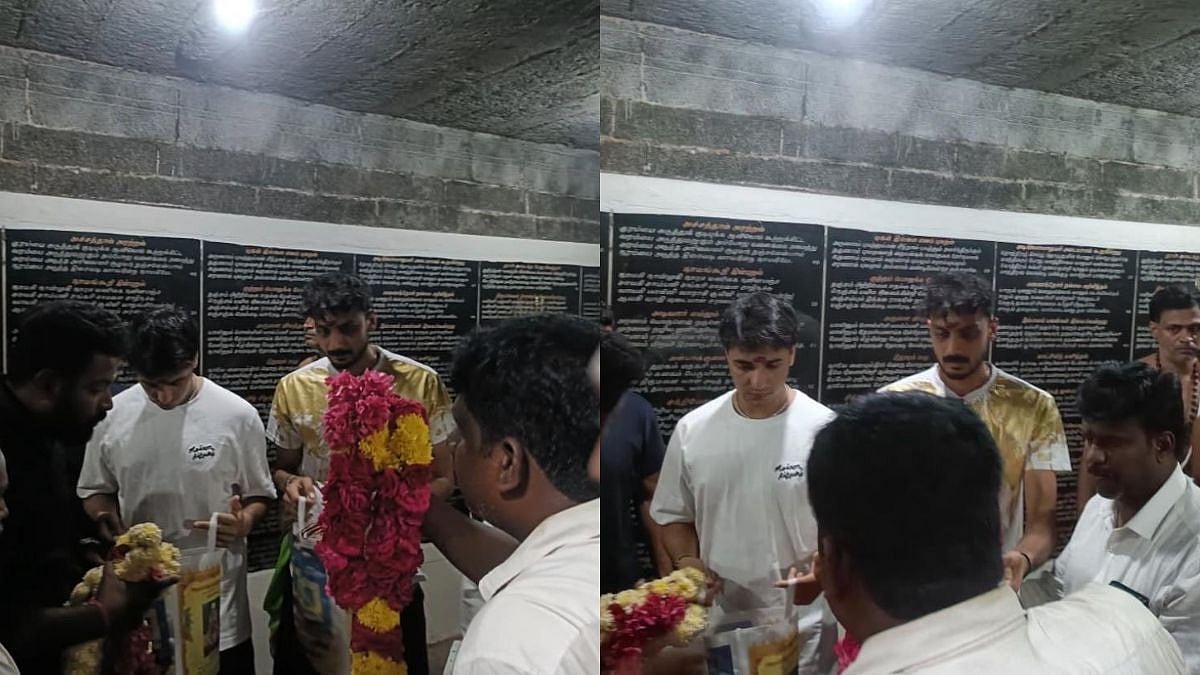Mumbai: The Maharashtra government introduced the Housing Policy 2025 on Wednesday, a comprehensive plan expected to mobilise investments worth Rs 70,000 crore.
The policy outlines a multi-pronged strategy focusing on slum rehabilitation, affordable housing, and sustainable urban development, with special emphasis on economically weaker sections (EWS), lower-income groups (LIG), and middle-income groups (MIG).
The government has set an ambitious target to construct 35 lakh houses over the next five years, with a long-term vision of delivering 50 lakh homes within a decade. To facilitate this, the MahaAwas Fund will be significantly expanded to Rs 20,000 crore.
"The ultimate target is to build 50 lakh houses in the next 10 years... To achieve this ambitious target, existing provisions under the Development Control and Promotion Regulations/Unified Development Control and Promotion Regulations and relevant institutional frameworks will be strengthened and modified as needed. Additionally, active participation from the private sector will be promoted through a range of incentive-based measures," the policy stated.
A key focus of the policy is transforming Maharashtra into a slum-free state through large-scale rehabilitation and redevelopment projects. The policy prioritises the needs of low-income earners, senior citizens, women, industrial workers, and students.
Affordable housing has been granted infrastructure status, enabling developers to access external commercial borrowing (ECB) and foreign direct investment (FDI). It also qualifies for priority sector lending (PSL) from banks and housing finance companies (HFCs).
The policy advocates for the redevelopment of old buildings to enhance living conditions and optimise land use. It also promotes the development of integrated townships that combine affordable housing with essential services.
"The state-level portal will soon be developed for providing information on housing development through government-private sector partnership, through developers and also through state-run undertakings," the policy noted.
Recognising diverse housing needs, the policy includes provisions for industrial workers, senior citizens, working women, students, project-affected persons (PAPs), and migrant workers. A notable feature is the 'Walk to Work' concept, which reserves 10% to 30% of land in Maharashtra Industrial Development Corporation (MIDC) areas for housing.
"Such land should be handed over to the appropriate authority at the applicable acquisition price, so that authority can create adequate housing stock in such areas. The authority can also partner with private industries to provide housing for industrial workers in a public-private partnership model," the policy explained.
(Except for the headline, this article has not been edited by FPJ's editorial team and is auto-generated from an agency feed.)






